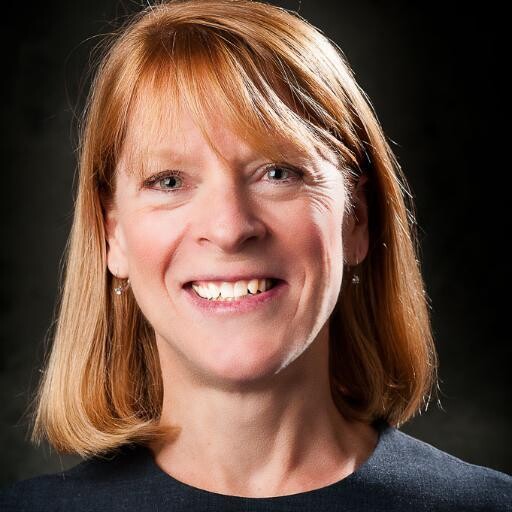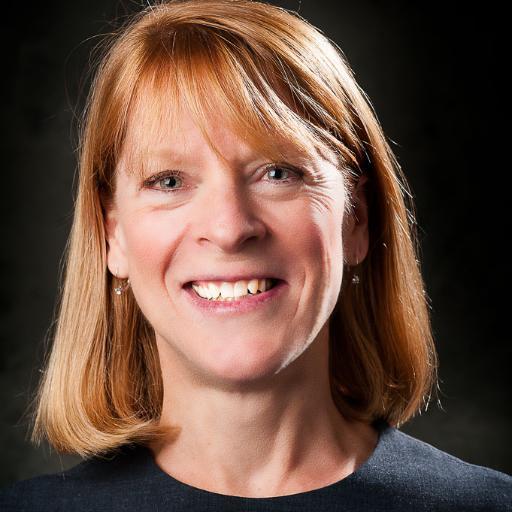Mobile Menu
- Education
- Research
-
Students
- High School Outreach
- Undergraduate & Beyond: Community of Support
- Current Students
- Faculty & Staff
- Alumni
- News & Events
- Giving
- About


When I was beginning my career, I had few role models I could emulate. Many of the women who preceded me in academic medicine had decided to focus on their careers and forgo a family life. But I was determined to have it all. I wanted to enjoy both professional success while enjoying life as a mother and wife. It’s been a challenging balance to maintain, made more complicated by being married to another physician, but my husband and I have found a way to make it work, even if meant letting my quest for perfection slip a bit.
Over the years since I entered this profession, I’ve watched as more and more women have faced similar hurdles. The good news is that we are overcoming them. As a result, women are increasingly represented in the faculty ranks. But as I’ve previously written, though female representation is rising, equity remains elusive. While just over half (52.4%) of our undergraduate medical class were women between 2006 and 2015, only 36% of our faculty members are female. Across divisions in the Department of Medicine, the numbers can vary from 16% in cardiology to 63% in rheumatology.
The reasons for this are many – some of which we know, and others we are just starting to understand. But just as there isn’t one cause, there isn’t one solution. If we’re going to address the gender imbalance within our faculty ranks, we have to undertake a variety of approaches. In the Department of Medicine, we have put an emphasis on mentorship and I am very thankful for the work of Dr. Sharon Straus on that front. Sharon is the Vice Chair, Mentorship, Equity and Diversity in our department, which was a role created in November 2015 to support the recruitment and retention of our excellent faculty through mentorship, increasing faculty diversity to reflect our population, and ensuring a safe and professional work environment.
Our emphasis on mentorship is driven from literature that has demonstrated its effectiveness among academic faculty. We are supporting mentorship by developing mentorship facilitators who will foster the relationship between mentors and mentees. We are organizing regular mentor/mentee workshops, recognizing excellent mentors and highlighting the impact great mentors can have. We have also created a mentorship toolkit that provides many great resources.
I am also pleased to see that the Faculty of Medicine is promoting mentorship through a new video based on the popular #LeanInTogther video series from Sheryl Sandberg’s Lean In organization. The Faculty will also be hosting its first Academic Promotion Information Session for Women on Tuesday October 25. This event is run specifically for female academic staff and discusses the particular challenges and approaches for women seeking promotion.
These are all great initiatives, but we can go even further. The Equality Challenge Unit, which is based in the United Kingdom, provides us with a great example of what could be done through the Athena SWAN Charter. The charter evolved from work between the Athena Project and the Scientific Women’s Academic Network (SWAN), to advance the representation of women in science, technology, engineering, medicine and mathematics. It is based on ten key principles that commit organizations to address gender equality broadly, and not just barriers to progression that affect women.
While there is more to do, I’m inspired by the discussions occurring throughout our Faculty – from our students to senior administrators, and including both men and women – on their personal commitment to advancing gender equality in academic medicine. Why? Because it’s 2016.
Gillian Hawker
Sir John and Lady Eaton Professor
Chair, Department of Medicine

